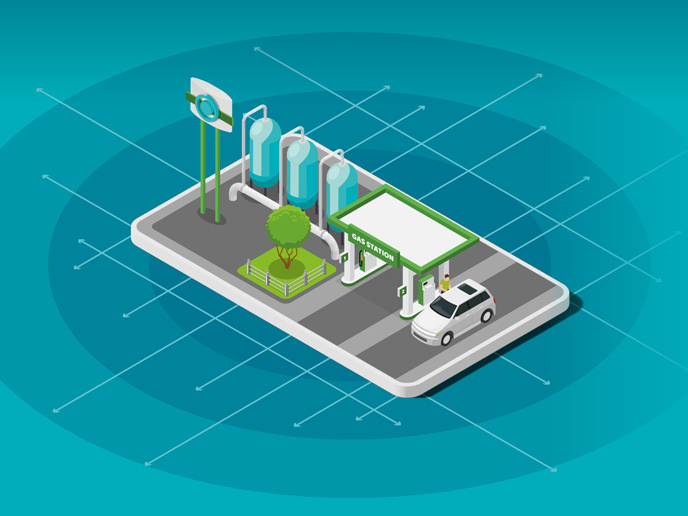IV - Towards carbon-negative, sustainable, secure and competitive biofuels
“The project aims to significantly advance the current state of the art in biofuel production and the capture, utilisation and storage of biogenic effluent gases.”
Dimitris Malamis, CRONUS project coordinator
If Europe is to meet its twin goals of carbon neutrality and energy sovereignty, it must kick its dependence on fossil fuels. One way to get there is through biofuels. With the support of the EU-funded CRONUS project, Dimitris Malamis, an environmental engineer at the National Technical University of Athens(opens in new window), is leading an effort to increase the efficiency of clean, sustainable, secure and competitive biofuels through the methanation of effluent gases. “The project aims to significantly advance the current state of the art in biofuel production and the capture, utilisation and storage of biogenic effluent gases while also promoting sustainable innovation,” explains Malamis. At the heart of the CRONUS solution is carbon capture, utilisation and storage (CUS) – techniques that capture biogenic carbon dioxide at the point of its release and then either reuse it or store it underground thus creating negative emissions. “Implementing carbon CUS into the production of biofuels can help limit global warming and contribute to the phasing out of fossil fuels and the decarbonisation of the EU economy,” adds Malamis. To this end, the project intends to develop and test new integrated and sustainable technological solutions for highly efficient biogenic effluent gas CUS within the biofuels value chain. “These tests will provide actionable information on how the technologies should be optimised and identify any risks or potential sustainability hotspots,” remarks Malamis. The project will then upscale the most promising technologies into functional prototypes that will be implemented and further tested in actual biofuel production plants. The end goal is to achieve an annual production rate of over 10 million litres of carbon-negative biofuels within five years of the project’s end. “Although we are in the very early stages, I am confident that CRONUS will help accelerate the green transition and contribute to creating a sustainable, secure and competitive energy supply for Europe,” concludes Malamis.



